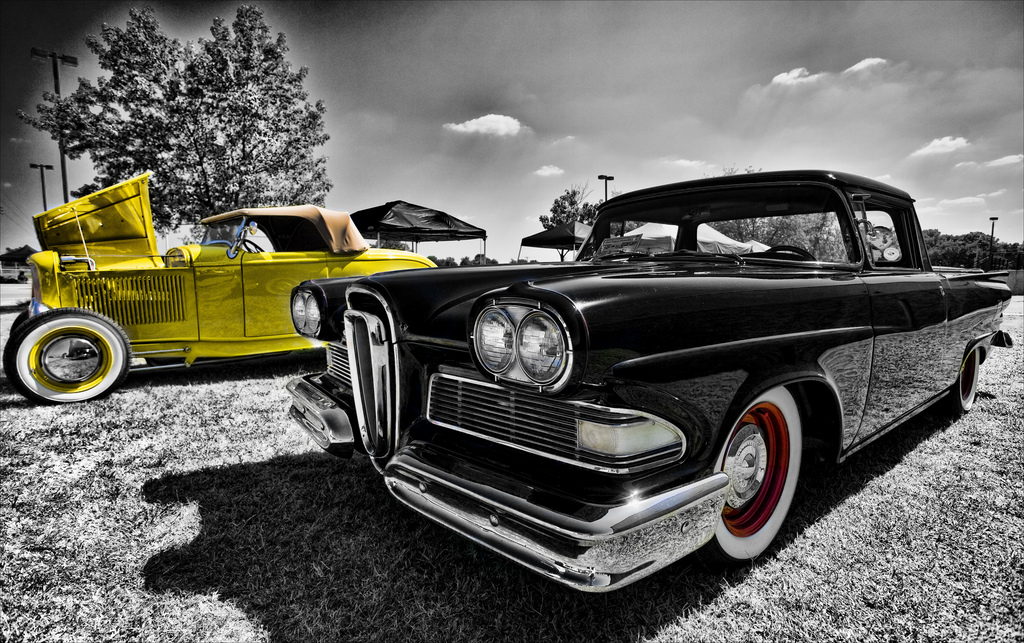 My last post was about Britain’s Poet Laureate, Carol Ann Duffy. Today’s is about American poet Marianne Moore and her relationship with the US car industry.
My last post was about Britain’s Poet Laureate, Carol Ann Duffy. Today’s is about American poet Marianne Moore and her relationship with the US car industry.
Marianne was a winner of the Helen Haire Levinson Prize, the Pulitzer Prize, the National Book Award, and the Bollingen Prize. In 1995, she was approached by David Wallace and Bob Young from Ford’s marketing research department, asking for help in naming a “rather important new series of cars”.
Marianne embraced popular culture: according to her biographer she
always enjoyed the language of advertisement, delighting in its inventiveness and ebullience, and even relating it to the poetics of praise.
Jumping at this chance to combine poetry with marketing, she came up with names that included “Silver Sword”, “Intelligent Bullet”, “Ford Fabergé”, “Mongoose Civique”, “Anticipator”, “Pastelogram”, “Astranaut” and “Utopian Turtletop”.
The last name in the list is bemusing, to say the least. And the first two echo a “trains thundering into tunnels” type of male sexual imagery (the word “intelligent” notwithstanding). Worthy, you could say, of an E-Type Jaguar campaign. From which perspective “Anticipator” is perhaps a less happy choice…
Sadly, Ford didn’t take up any of Marianne’s suggestions and opted for the bland and decidedly unsexy “Edsel” (after Edsel Ford, former company president and son of Henry Ford). The Ford family had strongly opposed the use of “Edsel”; Henry Ford II stated that he didn’t want his father’s good name spinning around on thousands of hubcaps.
But after internal studies by Ford to decide on a name – including polls of cinema audiences on their naming preferences – the family were out-manoeuvred and the car was duly christened Edsel.
The Edsel brand was a resounding failure, with the name often being cited as a further reason for its unpopularity. According to Wikipedia
Marketing surveys later found the name was thought to sound like the name of a tractor (Edson) and therefore was unpopular with the public. Moreover, several consumer studies showed that people associated the name “Edsel” with “weasel” and “dead cell” (dead battery), drawing further unattractive comparisons.
The message to marketing departments being: listen to your poetic muse. Names matter.
With thanks to George Thomas for the Edsel fabulosity and to the New York Times Op-Ed column for the idea.
By Marian Dougan